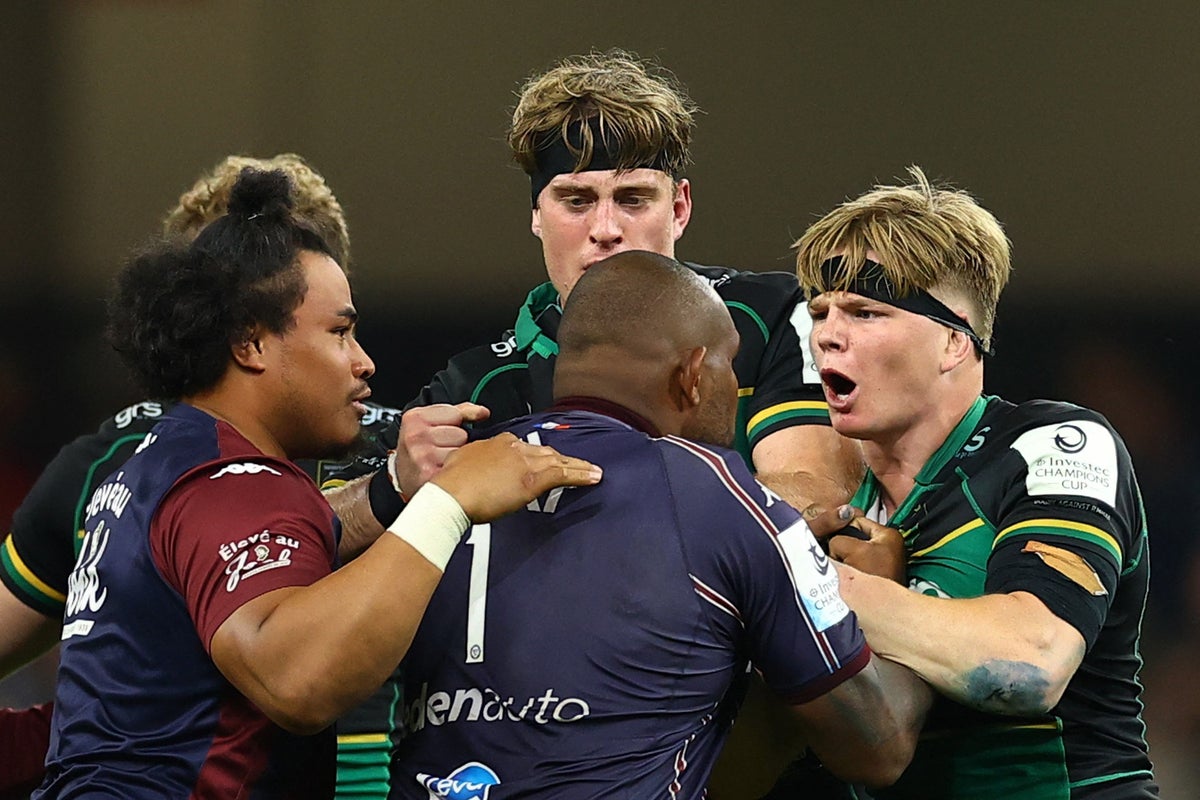We at The Independent are proud to have campaigned for justice for the Afghan heroes who were trained by British forces to fight alongside them against the Taliban. Although many of them were given sanctuary in the United Kingdom after the fall of Kabul four years ago, many were not, and the British government has had to be chivvied and harried into doing the right thing.
Our campaign has had its successes. An Afghan pilot who served with British forces, who fled to the UK in a small boat across the Channel and was threatened with deportation to Rwanda, was granted permission to stay here after five months of headlines in The Independent that mobilised MPs, former top brass in the military and even Joe Biden’s White House.
And it has had its setbacks. In November, we reported that Vladimir Putin’s generals were trying to recruit the Afghan special forces troops that Britain trained, so that they could use them to fight against Ukraine – Britain’s ally. Afghans in exile in Iran are vulnerable to Putin’s bribes, as they have a bleak future where they are.
Now we report that a High Court case has confirmed that there may be thousands of Afghans whose applications for sanctuary in Britain were wrongly rejected. Ministers had initially denied that Afghan commandos had been paid by the UK government, but were forced to backtrack and announce a review of the applications after the Ministry of Defence discovered some payroll data.
Many of these soldiers, known as “Triples” because they were affiliated to Afghanistan’s Commando Force 333 and its Territorial Force 444, are in exile in Pakistan or Iran, while others are still in hiding in Afghanistan itself.
The court case has revealed how, through a combination of poor administration and apparent obstruction, many applications by the Triples that should have been accepted were blocked. The court heard this week that one UK special forces officer oversaw the blanket rejection of 1,585 cases during the summer of 2023.
Colonel Simon Diggins, a former defence attache in Afghanistan, said that poor records had been kept by the UK special forces: “We know that these individuals’ lives are in danger. There is a real imperative to do something about it and to do it quickly. The accusation of poor data-keeping is fair, but now we have some records there is also an imperative to come up with a quicker way of dealing with this.”
Johnny Mercer, the former veterans minister, said that he is “shocked and appalled” by the failings in the MoD’s initial handling of the applications. He is right to be. These are people to whom this country owes a special obligation. They fought with us against the murderous theocrats of the Taliban in a campaign that was ultimately unsuccessful – although a great deal was achieved during the 20 years when allied forces were present in the country, especially the education of a generation of women.
When British troops were first deployed to Afghanistan, Tony Blair as prime minister solemnly declared that Britain would support the Afghan people for the long term. It turned out that many of the Afghan people did not want to be “supported”, but to those who endangered their lives fighting alongside our forces – and put themselves at risk of Taliban reprisals – we owe an even greater debt of honour.



